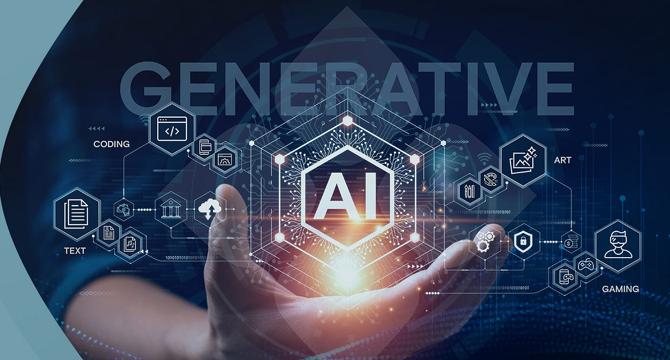Medium
1w
92

Image Credit: Medium
How Will the Generative AI Value Chain Evolve in 2025?
- Generative AI refers to a class of artificial intelligence techniques designed to create new content or data that resembles existing material.
- The generative AI value chain comprises the process of creating, developing, deploying, and utilizing generative AI technologies to deliver value across various industries.
- Emerging trends such as the rise of AI ethics and regulatory frameworks will play a crucial role in shaping the value chain, ensuring responsible and sustainable AI practices.
- Companies that understand and adapt to changes in these drivers will be better positioned to leverage generative AI for competitive advantage and innovation in their respective markets.
- The projected changes in the value chain by 2025 will create a dynamic environment that affects various stakeholders in multiple ways.
- Some of the key emerging trends in the generative AI landscape include human-centric design, automated content creation, and diverse data utilization.
- Challenges related to generative AI technologies include concerns around the potential for bias in AI-generated content, intellectual property rights, compliance with ethical standards, and ongoing education and training for professionals.
- The evolution of the generative AI value chain by 2025 will be marked by unprecedented growth and innovation, fundamentally reshaping industries and business operations.
- The emphasis on ethical AI practices and compliance with regulatory frameworks will ensure that the deployment of generative AI is responsible and sustainable.
- Businesses that strategically align their goals with the advancements in generative AI will navigate the complexities of this transformation and position themselves as leaders in an increasingly AI-driven world.
Read Full Article
5 Likes
For uninterrupted reading, download the app